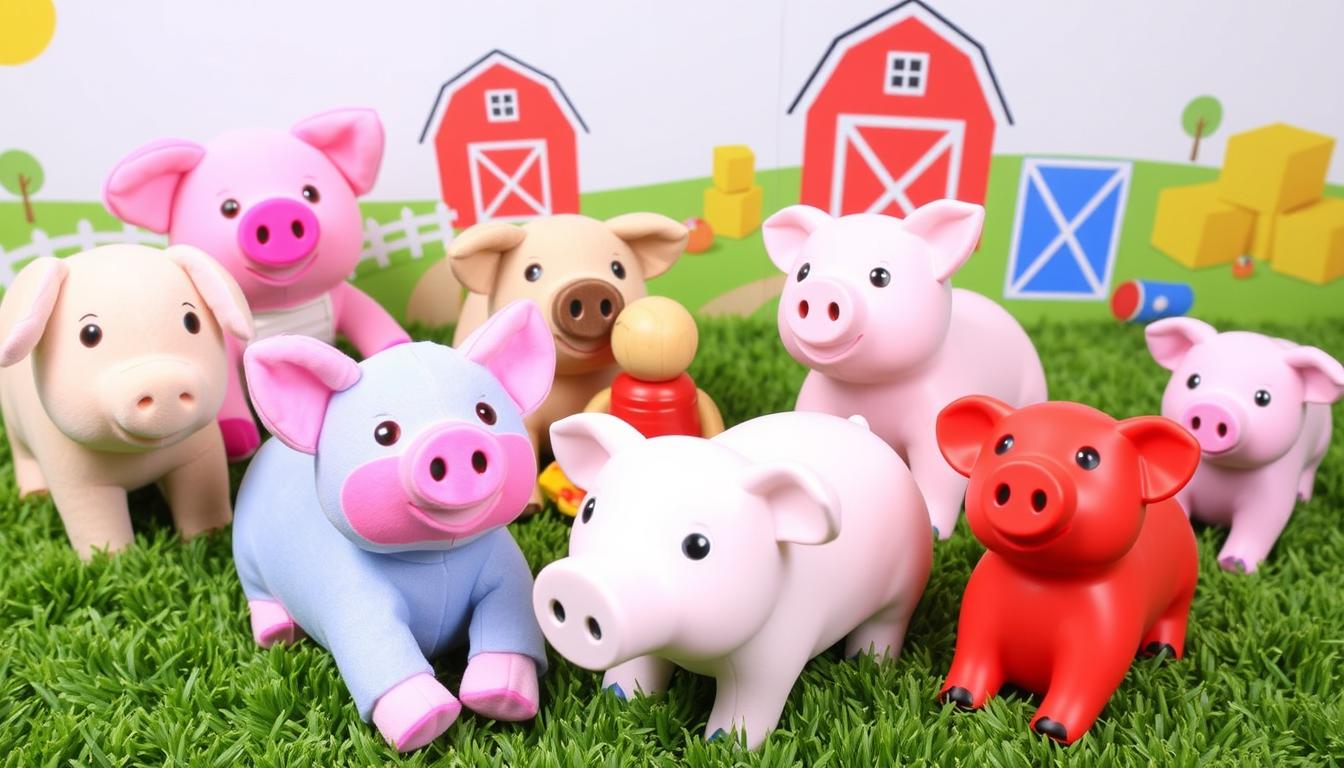The Ultimate Guide to Raising Happy and Healthy Basenji Puppies

The Ultimate Guide to Raising Happy and Healthy Basenji Puppies
Introduction
Raising a Basenji puppy is a rewarding journey filled with joy and challenges. Known as the “barkless dog,” Basenjis are unique, intelligent, and full of character. They require special attention to ensure they grow up happy and healthy. This guide will provide you with all the information you need to successfully raise a Basenji puppy.

Ask for health clearances, visit the breeding facility, and meet the puppy’s parents.
What to Look for in a Basenji Puppy
Healthy Basenji puppies should be active, alert, and curious. Check for clear eyes, a shiny coat, and a playful demeanor.Steer clear of puppies that seem sluggish or unwell.
Adoption Considerations
Adopting a Basenji from a rescue organization is a wonderful option. Ensure the rescue has a good reputation and can provide you with the puppy’s health history and temperament.
Preparing Your Home for a Basenji Puppy
Puppy-proofing Your Home
Remove any hazards such as toxic plants, electrical cords, and small objects that could be swallowed. Secure cabinets and trash bins to prevent your curious puppy from getting into trouble.
Essential Supplies
Stock up on essentials like a comfortable bed, food and water bowls, high-quality puppy food, toys, a collar, and a leash. Having these supplies on hand will ease the transition for your new puppy.
Bringing Your Basenji Puppy Home
First Day Tips
The first day can be overwhelming for your puppy. Keep things calm and quiet. Allow your puppy to explore their new surroundings at their own pace and provide plenty of positive reinforcement.
Introducing to Family and Other Pets
Introduce your puppy to family members and other pets gradually. Supervise interactions to ensure everyone gets along and your puppy feels safe.
Nutrition and Diet
Best Diet for Basenji Puppies
Feed your Basenji a high-quality, balanced puppy food. Look for food that lists meat as the first ingredient and avoid fillers like corn and soy.

Feeding Schedule and Portions
Set a regular feeding routine with three to four meals daily. Adhere to the feeding instructions on the puppy food packaging, making adjustments as necessary according to your puppy’s growth and activity levels.
Exercise and Play
Importance of Physical Activity
Basenjis are energetic dogs that need plenty of exercise to stay healthy and happy. Regular physical activity helps prevent obesity and behavioral issues.
Types of Exercises Suitable for Basenjis
Daily walks, playtime in a secure yard, and interactive games like fetch or tug-of-war are great ways to keep your Basenji active. Consider agility training to challenge their mind and body.Start with basic commands like sit, stay, come, and leave it.
Potty Training
Consistency is crucial in potty training. Frequently take your puppy outside, especially after meals and naps, and reward them for using the designated spot.
Socialization Tips
Introduce your puppy to a variety of people, places, and experiences to make them well-rounded and confident. Consider enrolling them in a puppy socialization class if available.
Health and Wellness
Common Health Issues in Basenjis
While Basenjis are generally healthy, they can be susceptible to conditions like hip dysplasia, eye problems, and hypothyroidism. Routine vet check-ups are vital.
Identifying health problems early can greatly enhance the effectiveness of treatment.
Vaccination Schedule
Adhere to your vet’s recommended vaccination schedule to shield your puppy from common diseases. This typically includes vaccines for distemper, parvovirus, and rabies.
Grooming and Hygiene
Coat Care and Bathing
Basenjis have short, low-shedding coats. Brush them weekly to remove loose fur and maintain their coat’s shine. Bathe them as necessary, usually every few months.
Dental Care
Regular dental hygiene is essential. Brush your puppy’s teeth several times a week and offer dental chews to help reduce plaque formation and maintain oral health.
Nail Trimming
Trim your puppy’s nails regularly to avoid discomfort and prevent injuries. If you’re unsure about how to trim nails properly, seek advice from your vet or a professional groomer.
Mental Stimulation and Enrichment
Importance of Mental Stimulation
Mental engagement is just as vital as physical exercise for Basenjis. It helps prevent boredom and discourages destructive behaviors.
Enrichment Activities and Toys
Offer a variety of puzzle toys, chew toys, and interactive games to keep your Basenji’s mind active. Rotate the toys frequently to maintain their interest.
Dealing with Behavioral Issues
Common Behavioral Problems
Basenjis may face challenges such as excessive chewing, digging, or separation anxiety. Identifying the underlying cause of these behaviors is crucial for effective management.
Solutions and Training Tips
Ensure your Basenji receives ample exercise and mental stimulation to minimize destructive behaviors. Employ positive reinforcement techniques to encourage good behavior and redirect undesirable actions.
Traveling with Your Basenji
Preparing for Travel
Accustom your puppy to car rides by starting with short trips. Utilize a secure crate or harness for their safety during travel.
Tips for a Stress-Free Journey
Bring along familiar items like a blanket and toys to comfort your puppy. Schedule regular breaks during the trip to allow your puppy to stretch and relieve themselves.
Creating a Safe Environment
Safety Tips at Home
Keep hazardous items out of reach and ensure doors and windows are securely closed. Provide a safe retreat, such as a crate, where your puppy can relax when feeling overwhelmed.Make sure to use a leash while walking to keep them from straying.
Building a Strong Bond
Spending Quality Time
Engage in regular play, training sessions, and cuddling with your puppy. This helps to build a strong bond and fosters mutual trust.
Understanding Basenji Body Language
Learn to interpret your puppy’s body language to better understand their needs and emotions. This insight aids in addressing issues early and strengthens your relationship.
Understanding Basenji Body Language
Understanding your puppy’s body language can help you better recognize their needs and emotions.
This helps in addressing issues early and building a strong relationship.
Conclusion
Raising a Basenji puppy requires time, effort, and patience, but the rewards are immeasurable. By providing proper care, training, and love, you’ll ensure your Basenji grows up to be a happy, healthy, and well-behaved companion.
FAQs
What makes Basenjis unique compared to other breeds?
Basenjis are often referred to as the “barkless dog” because of their distinctive vocal sounds.
They are highly intelligent, independent, and have a strong prey drive.
How long does it take to train a Basenji puppy?
Training duration varies, but consistency and patience are key. Basic training can take several weeks to months, depending on the puppy’s personality and your dedication.
Are Basenjis good with children?
Yes, Basenjis can be good with children if properly socialized. Supervise interactions to ensure both the puppy and children are safe and respectful.
What should I do if my Basenji has separation anxiety?
Provide plenty of mental and physical stimulation, and gradually increase the time you spend away. Consider using puzzle toys and consult a professional trainer if needed.
How regularly should I bring my Basenji to the veterinarian?
Regular vet visits are essential. Schedule check-ups at least once a year, or more frequently for puppies and senior dogs, to ensure they stay healthy.


